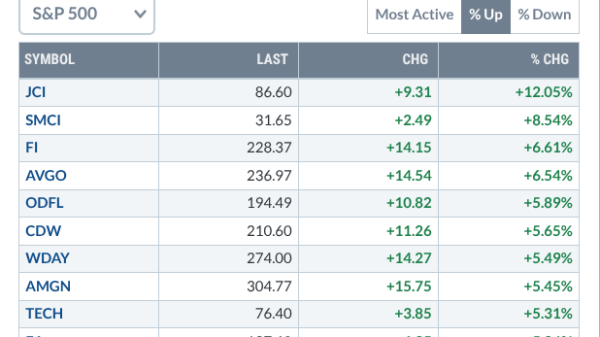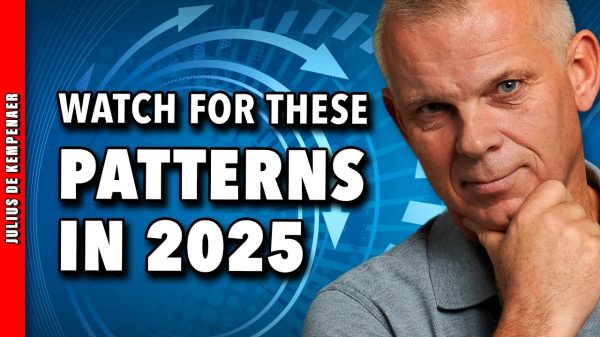The higher cost of borrowing is weighing heavily on bank lending in a sign that the UK economy may be facing a recession due to the Bank of England’s interest rate hikes.
Both mortgage lending and consumer lending dropped in September as the interest rates on bank loans continued rising, according to new data from the Bank of England.
Mortgage approvals fell to 43,300, the lowest level since January this year while approvals for remortgaging fell to the lowest level since January 1999.
Mortgage approvals are an indicator of future borrowing. The data showed that the effective interest rate paid on new mortgages climbed by 19 basis points in September to 5.01 per cent.
With effective interest rates continuing to rise, Ashley Webb, UK economist at Capital Economics, said: “We suspect that further weakness in housing activity and prices lies ahead.”
New loans for consumer borrowing meanwhile were also hit by the higher cost of borrowing. Consumer credit borrowing fell to £1.4bn in September from £1.7bn in August due to a decrease in personal loans and motor finance.
Net borrowing on credit cards also fell from £700m in August to £600m in September.
Webb said that the fall in new lending was “consistent with our view that a mild recession may already be underway”.
Although households continued withdrawing deposits from banks and building societies in September, inflows into National Savings and Investment (NS&I) ISAs meant that total household liquid assets increased in the month.
Households withdrew £9bn from sight deposit accounts, which was partly offset by net inflows of £5.3bn into interest-bearing time accounts.
A further £7.7bn flowed into NS&I ISAs, the highest level since August 2020, partly reflecting the market-leading rates on offer in those products.
“Households added the most to their liquid assets in September since midway through 2020, likely in an attempt to rebuild savings buffers which have taken a hit over the past couple of years,” Gabriella Dickens, senior UK economist at Pantheon Macroeconomics said.
The effective interest rate paid on new time deposits rose by nine basis points and now sits at 5.21 per cent.
Read more:
Drop in bank lending adds to fears that UK recession already underway























